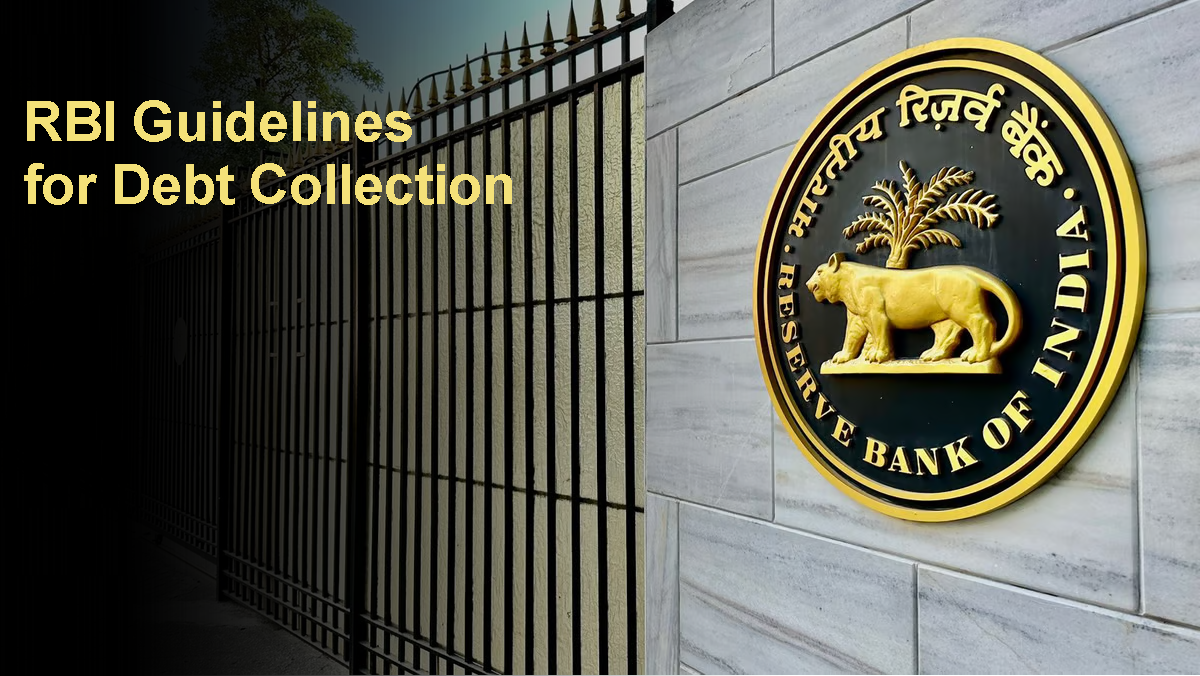Prior to an acquisition, investment, business partnership, or bank loan, due diligence is a process of study and analysis that is started to determine the value of the topic of whether there are any substantial issues related to the diligence or the results of these investigations are then compiled in a report known as the due diligence report.
Analysing numerous factors to determine an entity’s commercial potential is known as due diligence. Evaluating the entity’s overall financial sustainability in terms of its assets and liabilities examining the entity’s operations and confirming the relevant facts in relation to a proposed transaction. The term “due diligence” refers to a thorough assessment of a company’s financial management system. It comprises a thorough examination of the organization’s internal control system, financial reports, and document flow. The evaluation also contains management reporting data, which deals with handling data on the company’s assets and liabilities, expense structure, and earnings from main operations, among other things.
Due diligence is performed from both the buyer’s and the seller’s perspectives. The seller focuses on the buyer’s past, the financial capacity to consummate the purchase, and the capacity to uphold obligations made, whereas the buyer investigates the financials, lawsuits, patents, and a wide range of other important information.
Strategic partnerships, business coalitions, and other types of collaborations are subject to due diligence.
The reputation of the combined company is an issue when two businesses join forces. It is crucial to comprehend the other company’s position and assess whether its resources are adequate.
Decisions about public issues, disclosures in a prospectus, post-issue compliance, and similar problems are involved during the making of a public offer. Normally, these would demand careful consideration.
For Due Diligence Services: Contact
Email: [email protected] | [email protected]
Call: +91-9560700251/ +91-9560733277
The saying “discovering skeletons in the closet before the deal is preferable than discovering them later” is appropriate when it comes to due diligence. The information obtained throughout this process must be made public because it is crucial for decision-making. The due diligence report describes the company’s revenue-growth strategy (monetary as well as non-monetary). It serves as a convenient reference for quickly understanding the circumstances at the time of buying, selling, etc. The ultimate objective is to gain a comprehensive understanding of how the company will operate in the future. The due diligence report details how the company plans to boost revenues (monetary as well as non-monetary).
It acts as a quick reference for realizing the situation at the moment of buying, selling, etc. Getting a clear image of how the business will function in the future is the ultimate goal.
The three W’s must be taken into consideration when writing the due diligence report. Which are:
To keep the report concise, unnecessary details should be omitted.
Struggling With Debt Recovery Issues?
Read About India's Best Debt Collection Agency
Business due diligence entails investigating the parties to the transaction, the business’s potential, and the investment’s quality.
This process primarily focuses on a transaction’s legal elements, potential legal problems, and other legal-related issues. It encompasses both intra-corporate transactions and transactions between corporations. This diligence includes the currently existing documentation as well as several regulatory checklists.
This involves validating the financial, operational, and commercial presumptions. The acquiring corporation can now breathe a sigh of relief after learning this. Here, a thorough review of accounting principles, audit procedures, tax compliance, and internal controls is conducted.
In legal parlance, due diligence is referred to as reasonable steps taken by a person to avoid committing a tort or offence. Keeping similar perspective, increasing stringency since initial days of GST regime demands taxpayers now be all diligent in complying GST provisions. Complying all the legal provisions of GST with due diligence only would prevent from interest and penal consequences. A thorough examination of the organization’s internal control system, financial reports, and document flow helps bringing in proper internal checks and complying the provisions of GST mechanism. This is necessary for:
Vendor due diligence service from specialist organisations like_____ helps avoid losses on availed GST Input Tax Credit, as there reputation and compliance history can help determine whether the business should be done or avoided.
Customer due diligence (CDD) is of utmost significance with respect to Anti-Money Laundering (AML) and Know Your Customer (KYC) initiatives. CDD is the act of performing background checks and other screening on the customer. It is to ensure that customers are properly risk-assessed before being onboarded. Banks apply CDD to approve loan amounts for businesses, and individuals. The process is usually conducted to determine aspects ranging from their loan repayment ability, and creditworthiness, to fraud detection and involvement in unfair activities such as money laundering. Banks rely on providers of top due diligence services for CDD.
General perspective that the Buyer needs to make an informed decision on the Seller is not applicable in Mergers and Acquisitions Transactions. Due diligence has value for both parties in a (y) M&A scenario. Like the Buyer and seller also determine if entering into the scheme would be beneficial financially and from a reputation perspective. And the Buyer like in general transactions needs to be aware of the risks involved to reduce them to the level of appetite, and achieve accuracy in the valuation of the target company, which helps determine in closure or avoidance of the deal and also in negotiating better. Depending on the depth of the situation almost all types of due diligence such as Financial Due Diligence, Tax Due Diligence, and Legal Due Diligence form part of Acquisition Due Diligence.
The acquiring company receives a cursory awareness of the target company thanks to due diligence. As a result, businesses might not always be successful.
The employees, competencies, and work culture—all crucial to a seamless operation—remain a mystery to the purchasing firm.
You should receive the level of certainty you require regarding the potential investment and any associated risks from the due diligence report. The report needs to be able to give the acquiring firm enough information to prevent the signing of any onerous contracts that might compromise the current return on investment.
When communication breaks down on both sides, it might be difficult to move forward with a settlement at all, so it’s important to try to remain calm and in control of the situation.
Knowing what you can do in terms of additional actions will help with this. Using a professional B2B debt collection service, for instance, maybe a workable choice when your internal debt collection attempts are ineffective.









